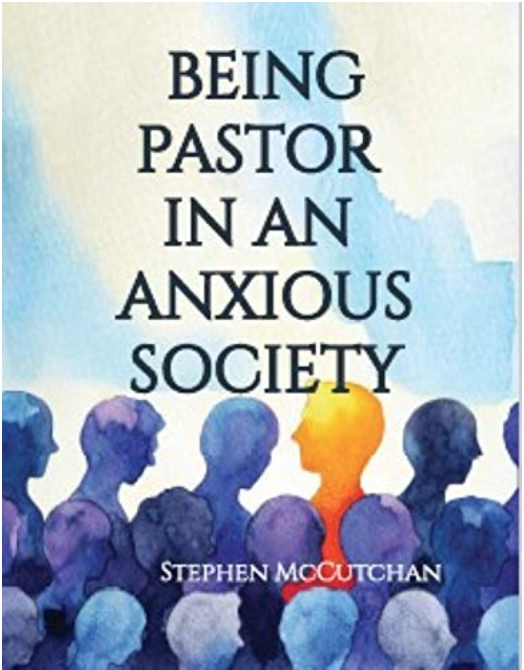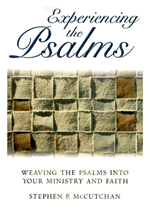When you are debating the future of the church, it makes a significant difference the perspective from which you come. If you are focused on how too attract more people to the church, then the issue is marketability. What are the activities that appeal to those who are not yet a part of the church. If you are focused on the purity of the church, then the issue is how we cleanse the church of those behaviors or people who pollute the church. If the issue is the ethical behavior of the church, then we seek to get the church to both behave and advocate for that which is righteous.
Are your thoughts about the future of the church based on marketability, doctrinal purity, or ethical behavior. All of these approaches are based on decisions that we as humans can make and actions that we can take. These are also the foundation for much of the debate that takes place in the church and the factors that lead to divisions within the church. None of them should be dismissed lightly because they all raise significant concerns.
However, a fourth perspective, which alters significantly the way we respond, is the vocational concern. What is God’s calling for the church and the people within it. The vast majority of the Scripture tells the story of God’s people that begins with God’s call that resulted in God’s covenant with a people. Sometimes the Scriptures celebrate the influx of new believers, which would appeal to the marketing factor. For example, Acts 2:41, “So those who welcomed his message were baptized, and that day about three thousand persons were added.” There is nothing wrong with adding new members to the church. Sometimes the focus is on theological lapses such as the debate between Elijah and the priest of Baal, 1 Kings 18:20ff. At still other times, the issue is ethical. Recall some of Paul’s struggles with ethical lapses within the church, such as in 1 Corinthians 5 and 6. The people of God have never been sustained by their perfectibility and always because it was God who formed them.
Over the next few days I want to raise the issue of vocation as a key focus for our reflection on the future of the church.

































